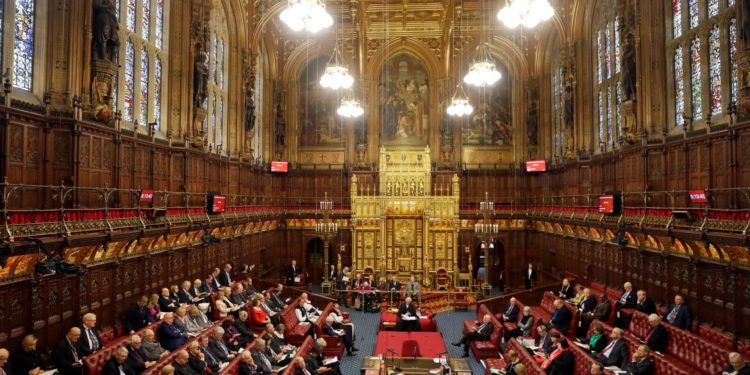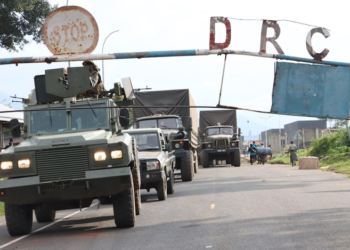By AL JAZEERA
House of Lords defies Rishi Sunak by voting to delay ratification of treaty with Kigali.
The United Kingdom’s upper house of parliament has voted to delay Prime Minister Rishi Sunak’s controversial plan to deport some asylum seekers to Rwanda.
The vote by the unelected House of Lords on Monday came despite Sunak urging its members to back his plan, which he has characterised as the will of the people.
The upper house voted 214 to 171 to delay the ratification of a related treaty London signed with Kigali until the government can demonstrate that Rwanda is a safe country for asylum seekers to be sent to.
The chamber does not have the power to block the so-called Safety of Rwanda (Asylum and Immigration) Bill indefinitely, but could delay the legislation for up to a year.
The move comes after the more powerful House of Commons on Wednesday narrowly passed the bill after some Conservative MPs threatened to vote against the government on the grounds the legislation was not robust enough to survive legal challenges.
Sunak has made the controversial immigration plan a key plank of his bid to return to power in an expected general election this year that the centre-left Labour Party is strongly tipped to win.
Sunak introduced the legislation after the UK Supreme Court last year ruled that the safety of asylum seekers deported to Rwanda could not be guaranteed.
The bill would make it harder for courts to challenge the Rwanda policy by allowing the government to set aside certain provisions of human rights law and asking the House of Commons to declare by majority vote that the African country is safe for asylum seekers.
Sunak has said he wants deportations to begin within months to meet his pledge to “stop the boats” carrying asylum seekers across the English Channel.
Former Prime Minister Boris Johnson first announced the Rwanda plan in 2022 to deny people arriving by “irregular means” the opportunity to apply for asylum in the UK.
The first Rwanda-bound flight from the UK was halted in June of that year after a last-minute intervention by the European Court of Human Rights (ECHR), which ruled that one of the asylum seekers on board was at “real risk of irreversible harm” in the East African nation.







Discussion about this post